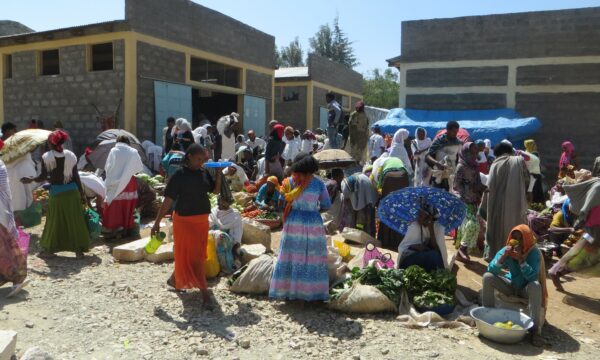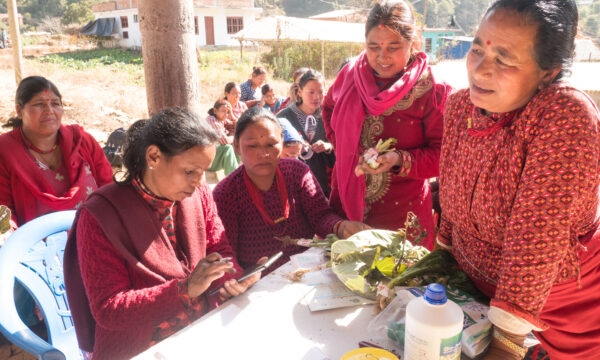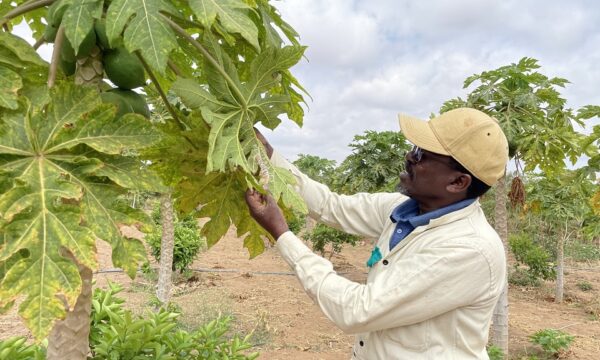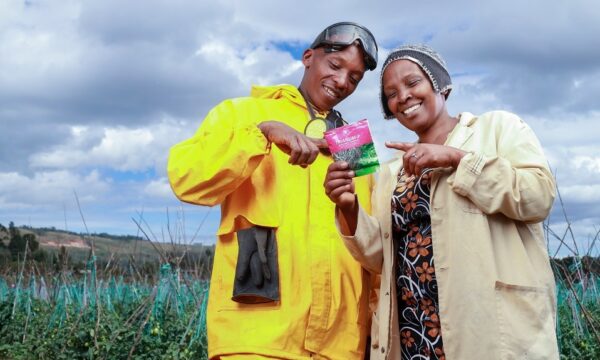
Photo: Peter Wilson
The issue of land ownership and reform is one of the biggest challenges facing agriculture in Africa and other emerging economies. Land ownership is a key driver of investment in agricultural production. Without title to land or even an address, farmers’ access to credit and insurance can be limited. Land sales are prohibited in China (although land titling and consolidation is now being looked at by the government as part of its agricultural reforms), and constrained in India and many African countries.
Encouragingly, there is evidence of increasing land hiring and rental activity in several countries, such as Ethiopia, Mali, Niger and Uganda. Community land letting is another important tool leading to more efficient use of land, although experience in Mozambique has been mixed. A Network of Experts on Land Policy in Africa (NELPA) has recently been formed. Another response to the small and fragmented nature of farm sizes is the formation of farmer groups, hubs and cooperatives which have the scale to increase access to tractors, inputs, services and output markets. In Indonesia a cluster-leader farmer model, spreading know-how from centres of excellence, has been a great success. Related to this is the creation of Special Economic Zones for Agriculture which service both small and large farms and bring in the private sector, as is happening in some African countries.
Constraints on land sales and farm sizes – for example in India there is a limit of 6.5 hectares for irrigated farms – are another major barrier to land consolidation. Agricultural censuses do not always provide a clear picture of what is happening with land consolidation. The situation varies markedly between countries. Whilst it is best to leave the process of consolidation and aggregation to the market, there is an urgent need for reform of policies concerning land in many countries. More than that, there is a need for the integration of land policy and agricultural policy.
Land ownership and reform is an extremely complex issue and there needs to be an upgrading of knowledge and skills to deal with it in many emerging markets. This is part of the wider issue of education and skills and demonstrates that these are needed not only in the area of science and technology, but also in the political and social areas of study. The recent formation of the Network of Experts on Land Policy in Africa (NELPA) is certainly a step in the right direction.
The practice of ‘land grabbing’ where foreigners buy land in developing countries, which came to prominence earlier this century and reached a peak in 2011, has now entered the operational phase where the land is being developed for agriculture, although there are also examples where the land has been left barren and there is little evidence of technology transfer. Under the auspices of the UN voluntary guidelines on land acquisition have been agreed by the different parties in the private sector and civil society. According to a database assembled by the UN there are 1312 cases of land acquisition by foreign buyers.
This article is part of a series covering the issues raised at the “The Future of Small Farms” conference hosted by CABI and the Syngenta Foundation, compiled by Jonathan Shoham. Subscribe to the Plantwise blog to receive notifications of new articles by email.
Related News & Blogs
How strengthening South Sudan’s plant health system can reduce crop losses
In countries like South Sudan, people feel the effects of climate change with greater intensity. For example, increased crop pest invasions. The fall armyworm (Spodoptera frugiperda) damages key crops like maize and sorghum. And the papaya mealybu…
16 December 2024




